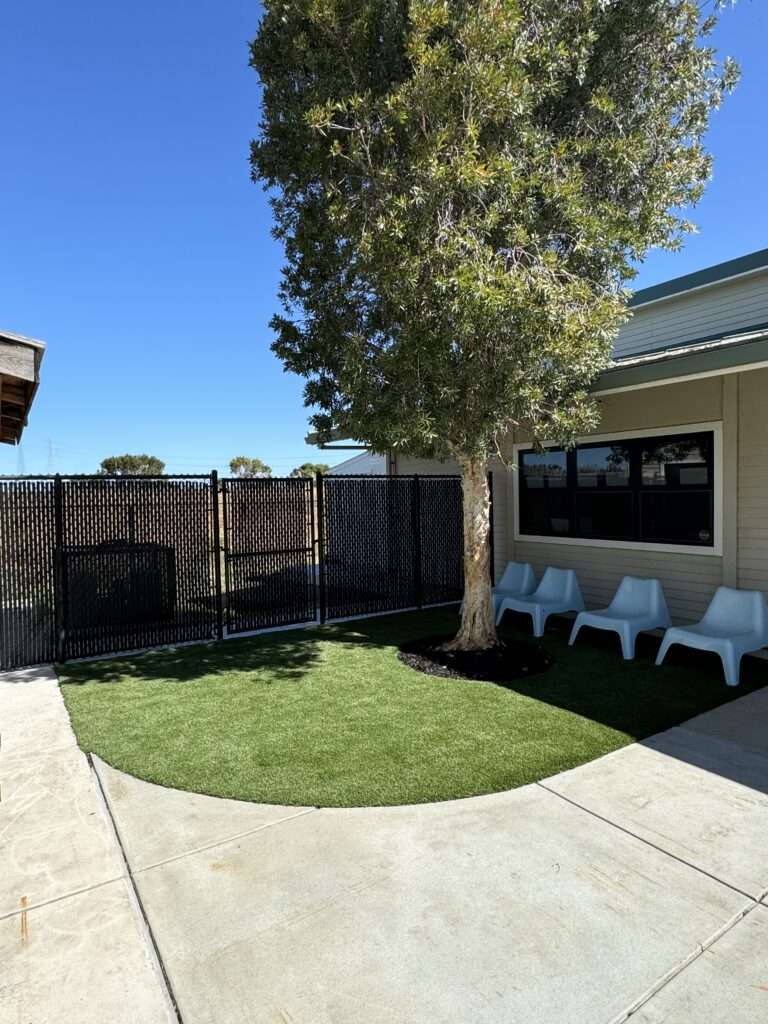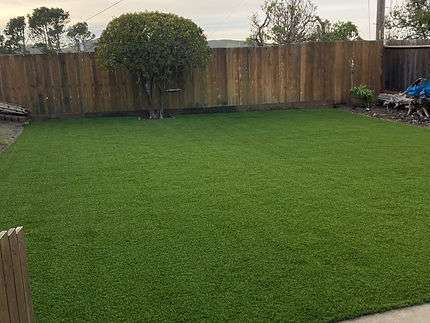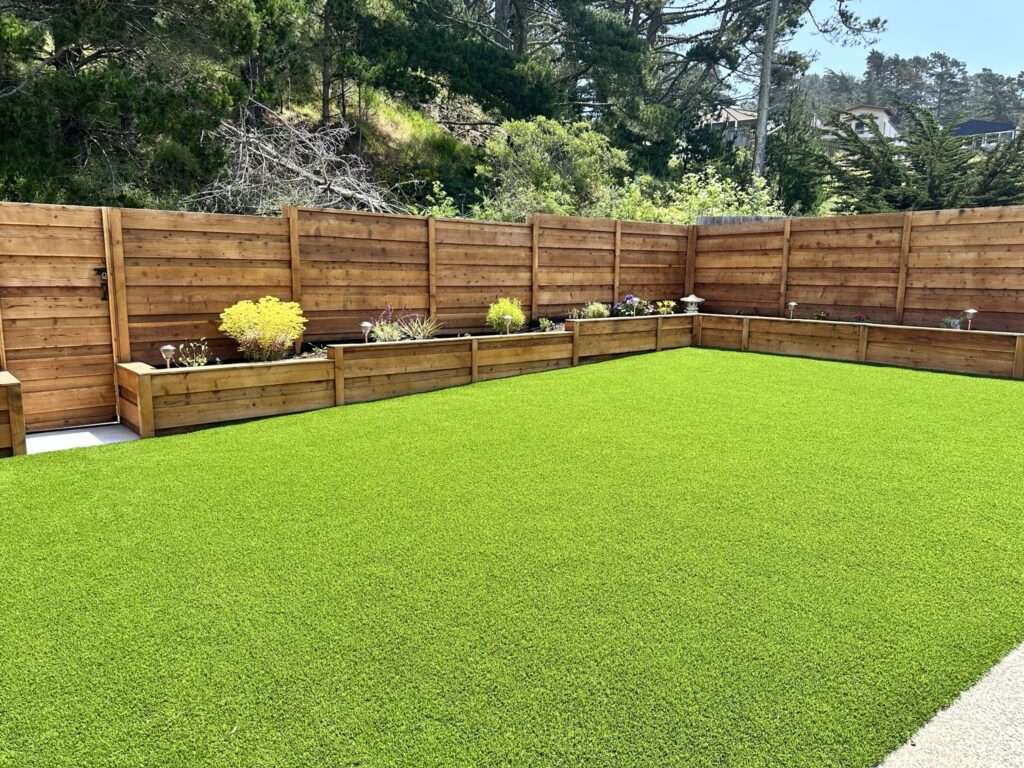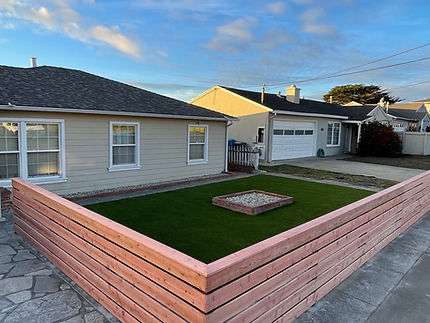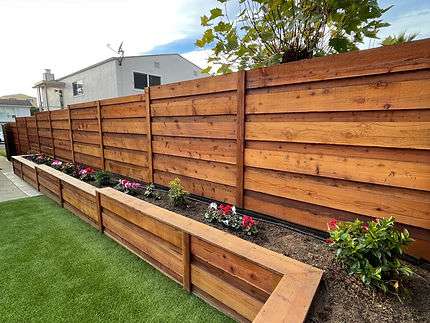Introduction: What is a Grass and Paver Driveway?
Table of Contents
A grass and paver driveway combines the durability of traditional pavers with the natural beauty of grass. This innovative solution creates a unique, stylish look that boosts curb appeal while being environmentally friendly. Unlike standard concrete driveways, a grass and paver driveway offers a softer, greener aesthetic that blends seamlessly with your outdoor space.
Benefits of a Grass and Paver Driveway
Eco-Friendly Solution
One of the key benefits of a grass and paver driveway is its eco-friendliness. Unlike solid concrete or asphalt driveways, this type of driveway allows rainwater to seep through, reducing runoff and helping to replenish groundwater. Additionally, the grass in the driveway helps absorb carbon dioxide and improve air quality.
Improved Drainage
A grass and paver driveway offers excellent drainage. Traditional driveways can create water pooling issues, but with paver gaps filled with grass or gravel, water can easily filter through the surface. This makes it an ideal choice for areas prone to heavy rainfall.
Enhancing Curb Appeal
If you’re looking to elevate your home’s curb appeal, a grass and paver driveway is a fantastic choice. It adds a modern, natural look that stands out from traditional driveways. The combination of grass and pavers creates a visually appealing pattern that complements various architectural styles.
How to Design a Grass and Paver Driveway
Choosing the Right Pavers
When designing a grass and paver driveway, it’s essential to choose the right pavers. Concrete, brick, and natural stone are popular options. Select pavers that are durable, weather-resistant, and complement your home’s exterior.
Selecting the Best Grass Type
The type of grass you choose will impact the overall look and functionality of your driveway. Opt for low-maintenance, drought-resistant grass varieties like Bermuda grass or fescue to ensure longevity and easy upkeep.
Creating the Perfect Pattern
The pattern you choose for your grass and paver driveway can significantly influence its appearance. Popular patterns include:
- Checkerboard design
- Linear strips
- Interlocking shapes
Select a pattern that complements your home’s style and maximizes both functionality and aesthetics.
Installation Process of a Grass and Paver Driveway
Preparing the Ground
The first step in installing a grass and paver driveway is to prepare the ground. This involves clearing the area of debris, leveling the surface, and ensuring proper drainage.
Laying the Pavers and Grass
Next, lay the pavers according to your chosen pattern, leaving space for the grass. Fill the gaps with soil and plant the grass seeds or sod. Make sure to water the grass regularly to promote healthy growth.
Finishing Touches
Once the grass has established itself, add finishing touches like edging and borders to keep the pavers and grass in place. This ensures a polished and professional look.
Maintenance Tips for a Grass and Paver Driveway
To keep your grass and paver driveway looking its best, regular maintenance is essential. Here are some detailed tips to ensure its longevity and appearance:
Mowing and Trimming
Regular mowing is crucial to maintaining an even surface. Use a lawnmower with adjustable height settings to prevent damaging the paver edges. Aim to keep the grass at a manageable height to ensure it looks neat and blends well with the pavers.
Lorem ipsum dolor sit amet, consectetur adipiscing elit. Ut elit tellus, luctus nec ullamcorper mattis, pulvinar dapibus leo.
Weed Control
Weeds can grow between the pavers, affecting the overall look of your driveway. Use a weed control solution or pull weeds manually to prevent them from spreading. Consider applying a pre-emergent herbicide during the early growing season to minimize weed growth.
Watering the Grass
Grass in a paver driveway may require more frequent watering, especially during dry seasons. Use a sprinkler system or water manually to keep the grass healthy and green. Ensure that water reaches the roots to promote deep, strong growth.
Soil Maintenance
Over time, the soil between the pavers may settle or erode. Regularly check for low spots and fill them with fresh soil. Compact the soil gently to ensure the grass has a solid base to grow.
Repairing Loose Pavers
Check for any loose or uneven pavers. If you find any, lift the paver, adjust the soil underneath, and set it back in place. Ensuring the pavers are secure will prevent potential tripping hazards and maintain the driveway’s structural integrity.
Fertilizing the Grass
Apply a slow-release fertilizer to the grass in your driveway to encourage healthy growth. Fertilizing once or twice a year can help the grass stay lush and vibrant, especially in high-traffic areas.
Seasonal Care
Different seasons may require different maintenance practices. In the fall, remove fallen leaves to prevent mold or decay. In the winter, avoid using harsh de-icing chemicals that can damage the grass and pavers. Instead, use eco-friendly de-icers or sand to improve traction.
Cost and Budget Considerations
The cost of installing a grass and paver driveway depends on several factors, including the size of the driveway, the type of pavers used, and the grass variety. On average, you can expect to pay between $10 to $30 per square foot. While the initial investment may be higher than a traditional driveway, the long-term benefits in terms of sustainability and aesthetics are well worth it.
Final Thoughts: Why Choose a Grass and Paver Driveway?
A grass and paver driveway is a stylish, eco-friendly, and practical solution for homeowners looking to enhance their property’s curb appeal. With proper design and maintenance, this type of driveway can last for years while contributing to a greener environment. Whether you’re aiming for a modern or rustic look, a grass and paver driveway is a versatile option that will make your home stand out.

